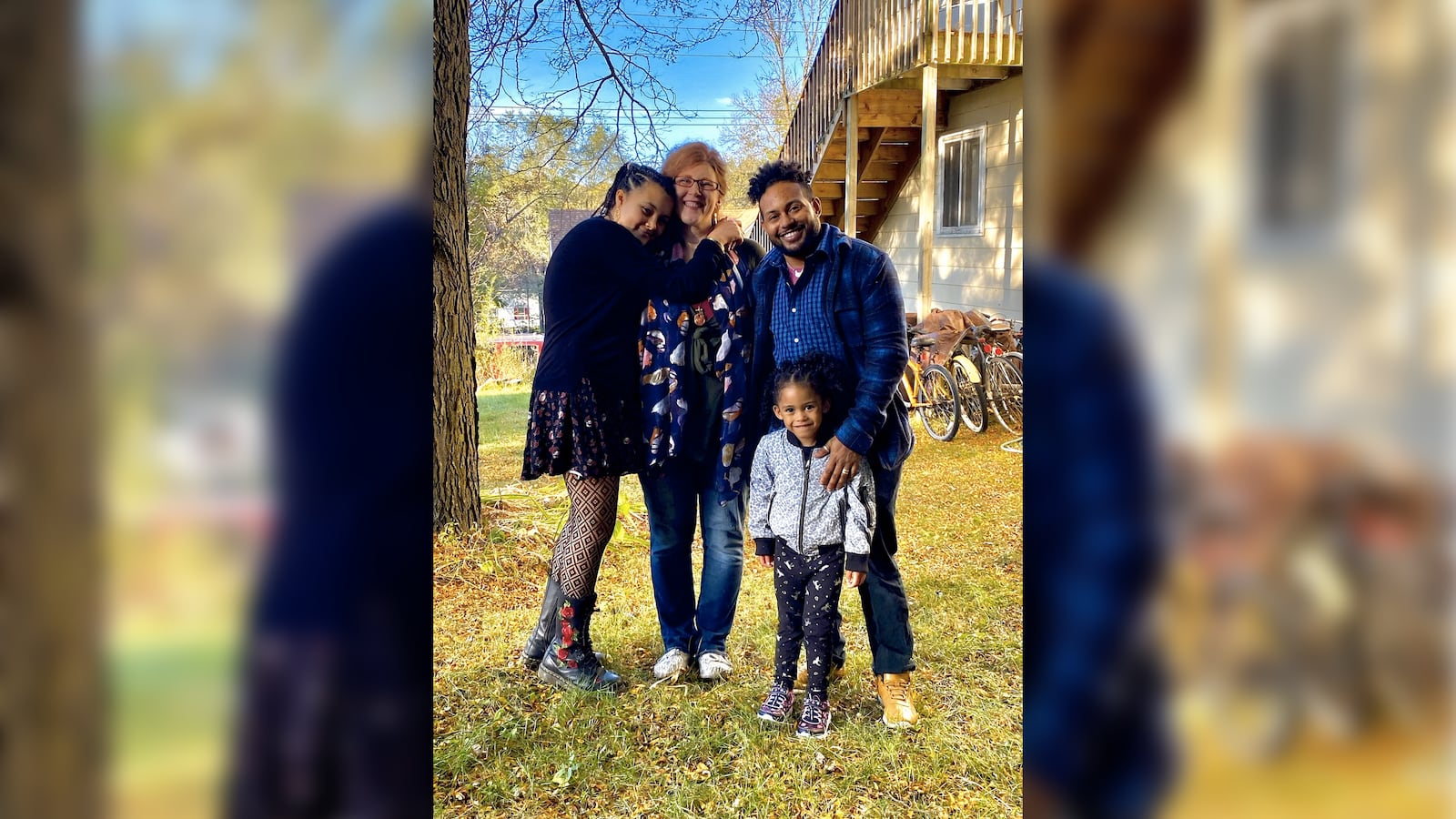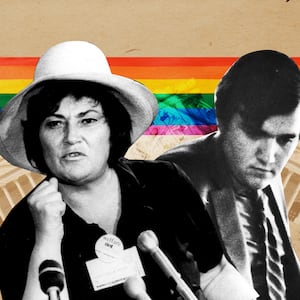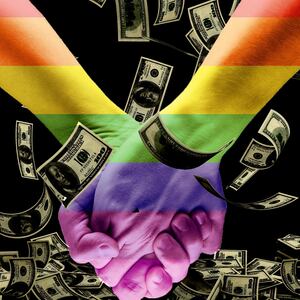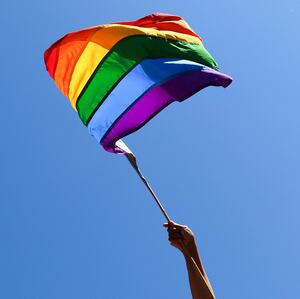When the Senate takes up the Equality Act, it will be reckoning with one of America’s bedrock values: Whether or not every American deserves to be treated equally under the law. The historic legislation, which passed in the House in March, would modernize and improve our nation’s civil rights laws by including explicit, permanent protections for LGBTQ people, as well as women, people of color, ethnic minorities, and people of all faiths.
Currently, 29 states do not have laws that explicitly protect LGBTQ people from discrimination. The patchwork of local laws means that LGBTQ Americans like myself remain vulnerable to being evicted from our homes, kicked out of businesses open to the public, or denied health care or government services in most states—simply because of who we are.
As a Black trans man living in a rural area in Menomonie, Wisconsin, my own story is proof of why the Equality Act is terribly needed.
Being Black and being trans means that I face intersectional marginalization in all areas of my life. I worry about my personal safety. And as a husband and a father, the safety of my family keeps me up at night.
I am in an interracial queer marriage, and my wife and I are raising two fierce, smart interracial daughters in a predominately white area. I am privileged to “pass”—meaning I am often perceived as a cisgender man—which offers us some cover in businesses and other public spaces. While I am very proud of being trans, being out is not easy where we live—and I’ve been very cautious about who I invite in.
Anti-transgender bias coupled with anti-Black racism means that the members of the Black transgender community experiences particularly devastating levels of discrimination across the nation, as documented in a recent report by the National LGBTQ Task Force with the National Black Justice Coalition and the National Center for Transgender Equality. Nearly half of all Black transgender respondents reported being harassed at work and at school. Twenty-six percent are unemployed and 34 percent report annual incomes of less than $10,000 per year.
In the LGBTQ community more broadly, people of color are 38 percent more likely to face discrimination than their white counterparts, including in our criminal justice system, in federally funded programs, and in access to housing support. Without the Equality Act, it will remain legal to discriminate based on sexual orientation, race, and gender identity in many public spaces. I’ve faced my fair share of discrimination in the workplace and at doctor’s appointments, and those painful experiences are hard to shake.
As a parent, I worry about my family being treated differently because I am trans—for instance, that the parents of my daughters’ classmates will say that their children cannot spend time at our home. Even worse, I worry about being assaulted, attacked, or murdered while walking in my neighborhood or running errands.
The Human Rights Campaign described 2020 as the “deadliest year on record” for transgender Americans, with at least 37 transgender and gender non-conforming people violently killed—22 of them being Black. I can feel very alone and scared when I am in an unsafe situation, because the reality is that I do not feel safe calling the police.
Of course, passage of the Equality Act would not end transphobia or racism overnight, but it would affirm for LGBTQ Americans, especially BIPOC people, that our right to be treated with dignity and respect is grounded in American law.
It would give me a sense of safety and freedom that I have never experienced, to know that if I am harassed, mistreated, or discriminated against, I have federal legal protections. For the first time, the federal law will be on my side if a doctor doesn’t want to treat me or a business owner wants me to leave their store.
Above all else, it would send a powerful message to LGBTQ people— particularly the transgender community—that our rights matter, we belong in this country, and we deserve to live free from harassment and discrimination.
We send elected leaders to Washington to advocate for and protect families. It’s time for our elected leaders to pass the Equality Act and build on the values shared by all Americans—that everyone deserves to be treated equally in the eyes of the law. My deepest hope is that my family can one day walk outside our door and be our full selves, without fear.









